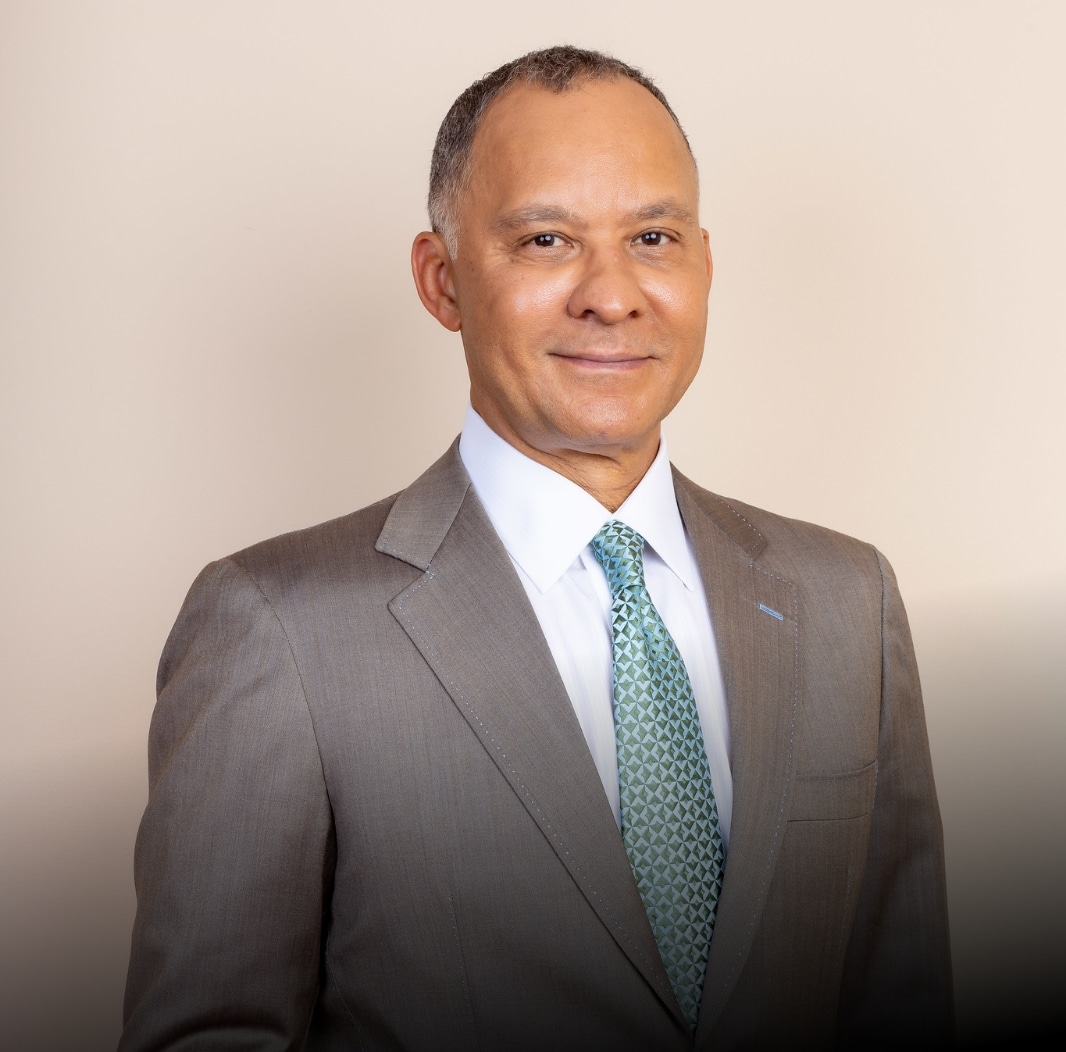Quick Links
Dr. Randy Gaynor, MD, has been working with Dr. Delgado at his Marin County office and traveling with him to Guatemala for many years. Dr. Gaynor is a physician anesthesiologist with the extensive experience and knowledge necessary to ensure your safety during surgery. Anesthesiologists are doctors trained to manage the anesthesia given during surgery as well as critical vitals like breathing, heart rate, and blood pressure.
Before your surgery, Dr. Gaynor will evaluate your medical history and discuss your lifestyle, current medications, and other underlying factors that could affect how your body reacts to the anesthetic. Your medical history and the type of operation you are about to have will determine the type of anesthesia you receive.
Types of Anesthesia
Anesthesia includes a combination of sedatives to make you drowsy and analgesics to reduce pain. There are three types of anesthesia with different combinations of these components.
Local Anesthesia
Local anesthesia temporarily numbs or stops the sense of pain in one area of the body. This type of anesthesia will not put you to sleep and is often used for minor surgical procedures. Local anesthetics can either be injected into the treatment site or absorbed through the skin.
General Anesthesia
General anesthesia puts you to sleep so that you are not conscious and will not feel anything during surgery. The anesthetic is delivered through an IV (intravenous line) in your hand or arm and may be inhaled through a breathing mask or tube. A breathing tube will also be inserted in most surgeries that require general anesthesia to make sure you are breathing properly during surgery.
Regional Anesthesia
Regional anesthesia is usually used for surgeries on the lower half of the body and is therefore the least common anesthetic used by Dr. Delgado. A regional anesthetic is injected into the nerves, usually around the spinal cord, to stop pain sensations from reaching a certain part of the body. Spinal anesthetics are often used for orthopedic procedures or surgeries involving the lower abdomen, pelvis, rectal area, or lower extremities. Epidurals are most often used during labor but can also be used for surgery on the lower limbs, abdomen, and sometimes even the chest.
Dr. Miguel Delgado is widely regarded as one of the best gynecomastia surgeons in the country. As a board-certified plastic surgeon with over 30 years of experience, patients from all over the world seek his expertise in male breast reduction surgery. He specializes in helping men and boys find treatment options for gynecomastia and has successfully treated complex revisions and severe cases of gynecomastia. Committed to patient education, Dr. Delgado also serves as the medical director for Gynecomastia.org, the world’s largest gynecomastia forum. His masculine, natural-looking results and individualized, patient-centered care make him the most sought-after gynecomastia surgeon in the country. Why Choose Dr. Delgado for Your Gynecomastia Surgery?

Meeting Your Anesthesiologist
Anesthesia affects the entire body, so it is important that you have an open discussion with your anesthesiologist before surgery. We understand that you may be hesitant to discuss certain lifestyle habits, but all of the information you share will be used solely to make sure you have a safe and successful surgery. This is some of the information you will be asked to share with Dr. Gaynor:
Previous Experiences with Anesthesia
If you have had a previous bad experience with anesthesia, describe this experience and your reaction to anesthesia in as much detail as possible. Symptoms like feeling nauseous when you woke up or taking a long amount of time to wake up should be noted so that your anesthesiologist can account for these and try to adjust your anesthesia to prevent them.
Current Medications
Let your doctor and anesthesiologist know about all prescription and over-the-counter medications you are taking, as well as herbal supplements. Certain herbs such as ginkgo, Biloba, garlic, ginger, and ginseng can affect blood clot formation and cause excessive blood loss during surgery. You should also be cautious about St. John’s wort and kava since these supplements can prolong your sedative period (the time you are unconscious). To rid your body of these substances, stop taking your supplements for 2-3 weeks before your surgery.
Prescription and over-the-counter medications can also impact blood pressure and heart rate so you may have to stop taking them, if it is safe, before surgery. For example, aspirin can increase bleeding and interfere with the anesthetics used during surgery.
Allergies
Let your doctor know about all known allergies you have since some anesthetics can trigger an allergic reaction. This is especially important for people with allergies to eggs or soy, but everyone should let their doctors know of all food and drug allergies.
Drug and Alcohol Use
Cigarettes (or vaping) and alcohol consumption affect the lungs, heart, liver, and blood. Since anesthesia also affects all these systems, smoking and alcohol can negatively impact how the anesthetic functions. Avoiding smoking before surgery will also help you heal faster and prevent post-surgery complications like bleeding or slow healing of the incision site.
Illicit drugs like marijuana, cocaine, or amphetamines have a similarly negative effect on how your anesthesia will work during surgery. It is important to remember that your conversations with your medical team are confidential and your doctors only want to know about your drug history for the purposes of a safe surgery and recovery.












